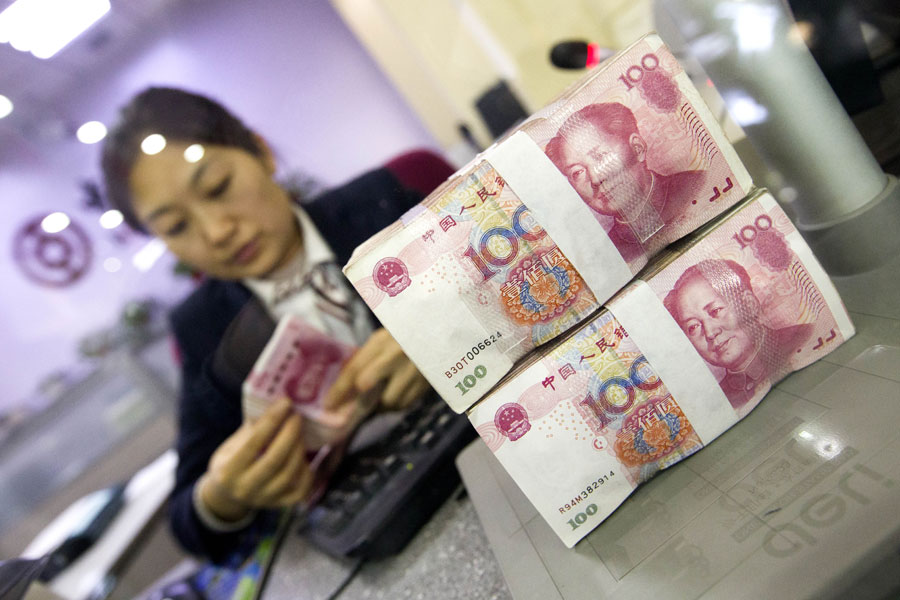China likely to adopt law for financial risk control next year
By ZHOU LANXU | China Daily | Updated: 2023-12-12 07:05

China is likely to adopt a significant law in 2024 that will provide a predictable framework and enriched funding support for financial risk resolution, underscoring the country's steadfast commitment to forestalling systemic financial risks, experts said on Monday.
One of the priorities of the law would be to launch the financial stability guarantee fund, which experts said could be worth at least hundreds of billions of yuan and function as the last resort for addressing any major financial risks.
They added that a draft version of the law may be submitted to China's top legislature for a second review as early as this month as the country places growing emphasis on financial risk management amid a real estate market downturn and local government debt issues.
All eyes are on how the annual Central Economic Work Conference will map out China's key tasks of financial risk prevention in 2024, after a meeting on Friday of the Political Bureau of the Communist Party of China Central Committee called for continuing to effectively prevent and defuse risks in key areas and resolutely guard against the occurrence of systemic risks.
Liu Junhai, director of the Renmin University of China's Business Law Center, said that adopting the law on financial stability would be crucial for China to achieve such goals as it will provide a top-level design that harmonizes the efforts of various stakeholders in managing financial risks, preventing any disjointed or contradictory actions.
"The law would serve as a ballast to ensure financial stability and bolster market confidence," Liu said, citing the need for the law to help more clearly apportion the responsibility of different parties, such as real estate developers and banks, in resolving the financial risks caused by the property market downturn.
In December 2022, the Standing Committee of the National People's Congress, the country's top legislature, reviewed the draft law on financial stability for the first time. The People's Bank of China, the country's central bank, said in a report in November that it will facilitate the launch of the law as soon as possible.
Xing Huiqiang, a professor at the Law School of the Central University of Finance and Economics, said the law is very likely to be adopted in 2024, providing a rules-based, predictable framework of financial risk resolution that will improve the efficiency of risk disposal compared with the current case-by-case method.
"Typically, a draft law needs to undergo three rounds of deliberation by the top legislative body before it is enacted, with an interval of at least six months between each review. This means the law could be adopted in June next year at the earliest," Xing said.
Ming Ming, chief economist of CITIC Securities, said he expected the NPC Standing Committee to conduct the second review of the draft law this month if there are no exceptional circumstances.
The draft has proposed establishment of a fund to guarantee financial stability, to be used when such stability is seriously endangered. The PBOC said recently that the fund has established a basic, preliminary framework and has accumulated a certain amount of capital.
Xing said the financial stability guarantee fund could be worth hundreds of billions of yuan at the least. He recommended that the fund be reserved for managing severe financial risks associated with systemically important financial institutions, instead of risks related to smaller financial institutions or stock market fluctuations.
In the event of any potential collapse of financial institutions or real estate companies, Ming at CITIC Securities said the fund may only be used when the collapse has seriously threatened financial stability, after all market-based solutions have failed and once the State Council, China's Cabinet, has approved a coordinated plan to address the situation.
Ming added it is unlikely for the fund to ease stock market volatility as stock market fluctuations do not necessarily lead to systemic financial risks and can be handled through market-oriented strategies.
Cao Yin contributed to this story.
























